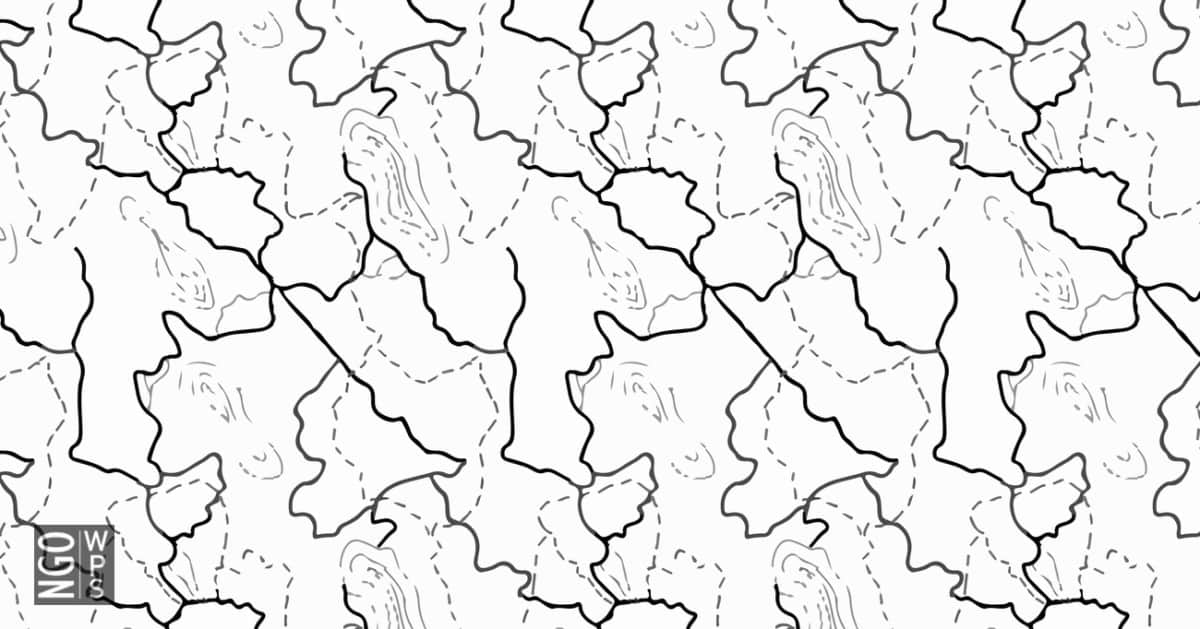Guinea-Bissau
Guinea-Bissau
Under a government that continually fails to enforce gender equality legislation, women in Guinea-Bissau face high levels of poverty, domestic violence and sexual and gender-based violence.
Despite a women’s political platform developed in 2008, women’s participation in parliament remains low. Guinea-Bissau acceded to the Convention on the Elimination of All Forms of Discrimination Against Women (CEDAW) in 1985, and launched a National Action Plan per Resolution 1325 in 2011. In the same year, Guinea-Bissau passed a law aimed at ending female genital mutilation/cutting (FGM/C). Lack of prosecution for rape, exacerbated by widespread impunity and corruption, eliminates the effectiveness of laws making SGBV illegal.
Based on the work of NGOWG members and their partners, the NGOWG calls for an end to impunity in Guinea-Bissau, and encourages gender mainstreaming as a priority for the UN Integrated Peacebuilding Office in Guinea-Bissau (UNIOGBIS).
Current and Past Recommendations to the UN Security Council (Monthly Action Points)
Given the absence of women, peace and security elements in Council discussions regarding Guinea-Bissau, expected discussion of the situation should reflect the ongoing challenges to and give support for women’s participation in conflict prevention, political processes, peacebuilding efforts, as well as women’s role in security sector reform. The discussion should also detail gender-specific concerns regarding the current humanitarian situation.
Relevant Resources











